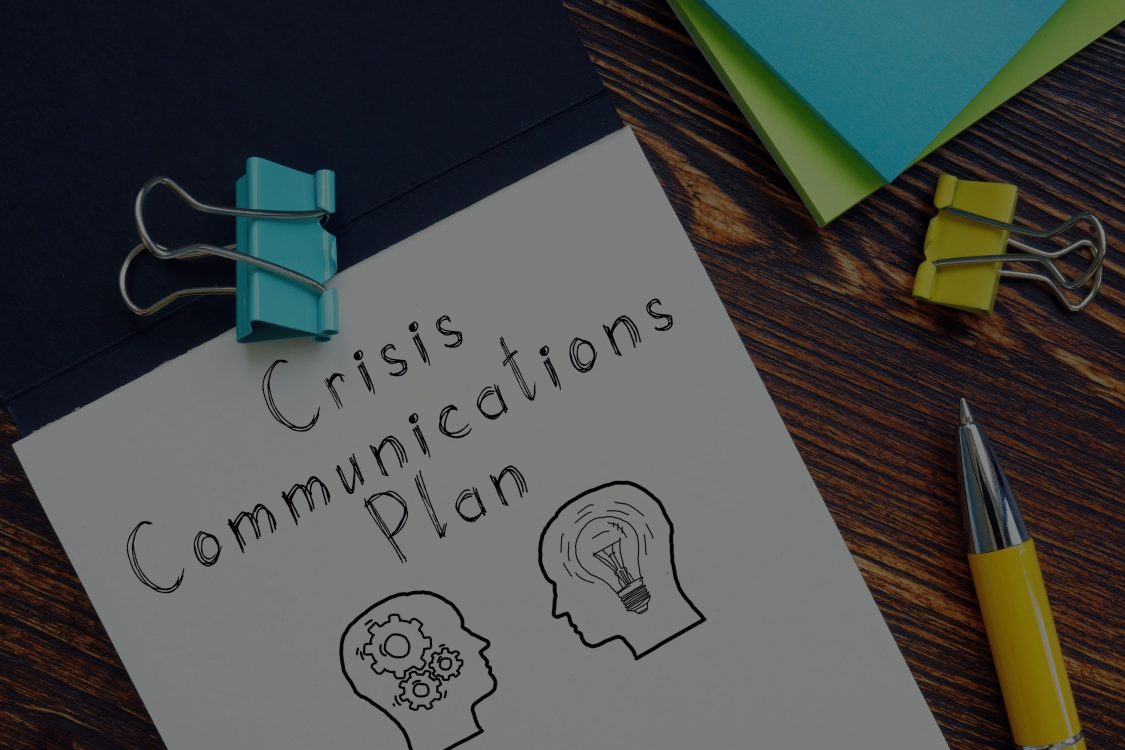
Read time: 4 mins
Written by Josh Westerman
In today’s fast-paced and interconnected world, where news spreads like wildfire and public opinion can make or break a brand, effective crisis communication has become more crucial than ever before.
No organisation, no matter how well-established or reputable, is immune to potential crises that could tarnish its image. Even multi-millionaires still fall foul to damaging their brand’s reputations, think the JD cyber-attack that put 10 million customers’ data at risk.
The key to mitigating the impact of a crisis lies in strategic preparation and timely communication. In this blog, I’ve delved into the significance of planning ahead for a crisis and how a proactive approach can save your brand’s reputation.
One of the fundamental truths about crises is that they are unpredictable. From product recalls and executive misconduct to natural disasters and cyberattacks, the range of potential crises is vast. The negative backlash received for poor crisis communications however is usually predictable and manmade.
Even though the specific event may be unforeseeable, the fact that a crisis will inevitably occur at some point is certain. This is why a reactive approach to crisis communication is often insufficient and can lead to irreparable damage.
Proactive crisis communication involves anticipating potential crises, developing response strategies, and having a well-structured plan in place before a crisis strikes. This approach provides several significant advantages:
When a crisis emerges, every second counts. Having a pre-established crisis communication plan enables your team to respond promptly and cohesively. Without a plan, you risk decision-making becoming chaotic, which will lead to delays and confusion that can make the crisis situation you are facing worse.
A clear and consistent message is crucial in crisis situations and proactive planning ensures that all stakeholders are on the same page and delivering a unified message. Inconsistencies in messaging can lead to confusion and erode trust.
In the absence of a prepared plan, your organisation might find itself in a reactive stance, allowing the crisis to dictate the narrative. Proactive planning puts you in the best position to potentially control the narrative and shape public perception in the immediate fallout period.
There is no denying that your brand’s reputation is one of its most valuable assets. Swift and effective crisis communication can significantly minimise the potential reputational damage your business may suffer as a consequence of the crisis in question.
Without preparation, the crisis can spiral out of control, resulting in long-lasting negative effects on your brand’s image.
Creating a robust crisis communication plan involves careful consideration and collaboration among your key stakeholders. Here are some essential components to include:
Identify potential risks that could evolve into crises. This could encompass product-related risks, operational vulnerabilities, legal and compliance issues, and more. Evaluating these risks allows you to prioritise preparation efforts.
Assemble a dedicated crisis communication team consisting of individuals from various departments – think legal, HR, operations, and senior management. Each member brings unique insights and skills to effectively manage different aspects of a crisis.
Designate official spokespersons who will represent the organisation during a crisis. These individuals should be well-trained in crisis communication and media relations.
If broadcast interviews take place, it is very important that the spokesperson comes across as calm, therefore putting someone up for interview who isn’t trained or experienced is a risky strategy.
Create pre-approved crisis messages that address various scenarios. These messages should be adaptable to different communication channels, including social media, press releases, and interviews. Craft messages that convey empathy, transparency, and a commitment to resolving the issue.
Effective crisis communication begins within your organisation. Develop a strategy for keeping employees informed and aligned with the messaging. Employees can be valuable advocates during a crisis if they understand the situation and your organisation’s response.
Identify key stakeholders, such as customers, investors, suppliers, and regulatory bodies. Determine how to communicate with each group effectively and maintain their trust.
Regularly conduct crisis scenario training exercises with your crisis team. Simulating crisis situations helps team members practice their roles and fine-tune the crisis communication plan, increasing the likelihood of it being implemented well.
Implement a comprehensive media monitoring system to stay informed about potential threats and emerging crises.
Once a month ensure time is put aside to review the current landscape for any potential warning signs of a crisis. Early detection allows your team to prepare responses before the situation escalates.
In the ever-evolving landscape of public relations, a proactive approach to crisis communication is not just a choice; it’s a necessity.
No brand is exempt from the possibility of facing a crisis, and the impact can be devastating without proper preparation.
By investing time, resources, and effort into developing a comprehensive crisis communication plan, your organisation can effectively navigate even the most challenging situations and emerge with its reputation intact.
At Brand8 PR, we understand the critical role of proactive crisis communication in safeguarding your brand’s reputation. Our team of experienced professionals specialises in crafting tailored crisis communication strategies that address your unique risks and vulnerabilities.
Don’t wait for a crisis to strike; contact us to discuss how we can assist you in planning ahead for the unexpected. Your brand’s reputation is our priority, and we’re here to help you protect it.